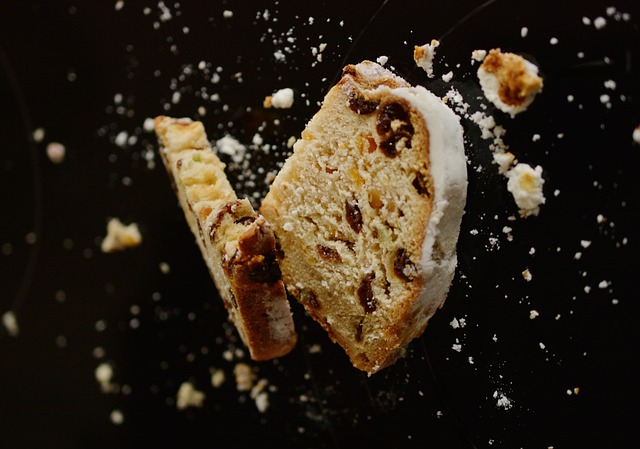Finding the Right Balance: Using Prebiotics and Probiotics for Digestive Health
When it comes to digestive health, the buzzwords that are often thrown around are prebiotics and probiotics. These two terms are often used interchangeably, but they are actually different things that play different roles in maintaining a healthy gut. In this blog, we will explore the differences between prebiotics and probiotics, their individual benefits, and how they work together to promote a healthy gut microbiome.
What Are Prebiotics?
Prebiotics are a type of fiber that are found in certain foods. They are not digested by the body, but instead, they serve as food for the good bacteria in your gut. In other words, prebiotics help to feed the probiotics in your gut. Some common sources of prebiotics include:
- Onions
- Garlic
- Chicory root
- Jerusalem artichoke
- Asparagus
- Bananas
- Apples
- Whole grains
One of the benefits of prebiotics is that they help to promote the growth of good bacteria in your gut. This can have several positive effects on your overall health, including:
- Improved digestion
- Stronger immune system
- Better absorption of nutrients
What Are Probiotics?
Probiotics, on the other hand, are live bacteria that are found in certain foods or supplements. These bacteria are similar to the ones that naturally live in your gut. Some common sources of probiotics include:
- Yogurt
- Kefir
- Sauerkraut
- Kombucha
- Miso
- Tempeh
- Kimchi
The benefits of probiotics include:
- Improved digestion
- Better immune system function
- Relief from certain digestive disorders (such as irritable bowel syndrome)
How Do Prebiotics and Probiotics Work Together?
While prebiotics and probiotics are different things, they work together to promote a healthy gut microbiome. Remember, prebiotics serve as food for the probiotics in your gut. Without prebiotics, probiotics may not be able to survive in your gut. On the other hand, without probiotics, prebiotics may not be able to do their job of promoting the growth of good bacteria in your gut.
When you consume both prebiotics and probiotics, you are helping to create a harmonious environment in your gut where good bacteria can thrive. This may help to improve your overall health and well-being.
How Can You Incorporate Prebiotics and Probiotics into Your Diet?
If you’re interested in improving your digestive health by incorporating prebiotics and probiotics into your diet, there are several options to choose from:
- Eat foods that are high in prebiotics, such as onions, garlic, chicory root, and asparagus.
- Eat foods that are high in probiotics, such as yogurt, kefir, sauerkraut, and kimchi.
- Take a probiotic supplement that contains a variety of strains of good bacteria.
- Take a prebiotic supplement that contains the specific type of prebiotic that you need.
Of course, it’s always a good idea to talk to your doctor before making any significant changes to your diet or taking any new supplements.
Conclusion
While prebiotics and probiotics are different things, they both play important roles in promoting a healthy gut microbiome. By consuming both prebiotics and probiotics, you may be able to improve your digestion, boost your immune system, and enjoy better overall health.







